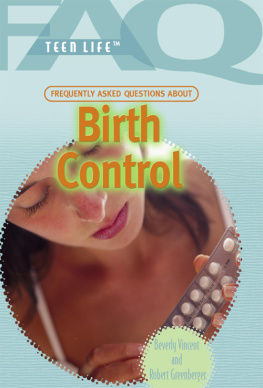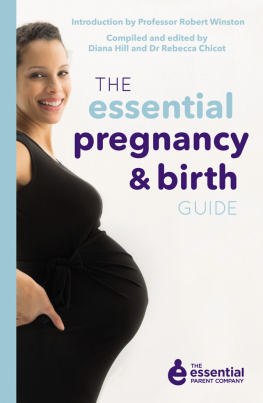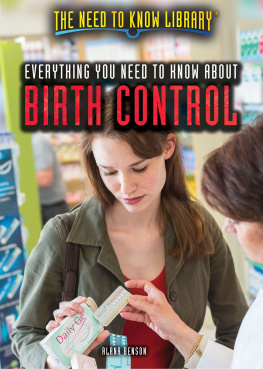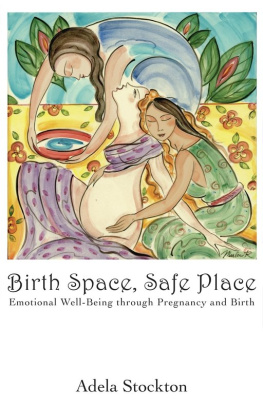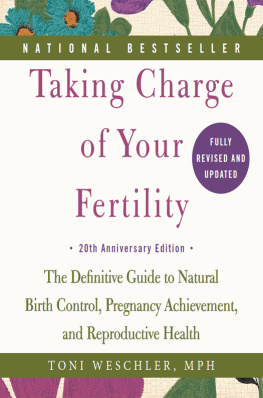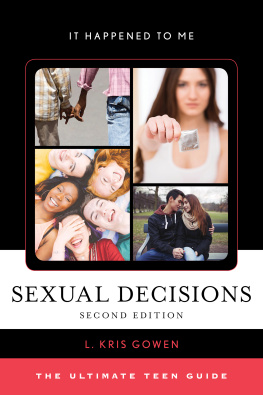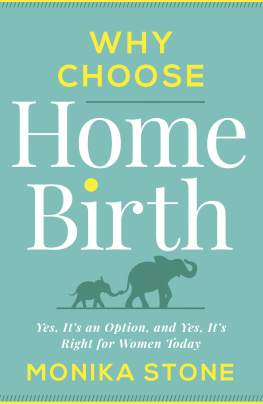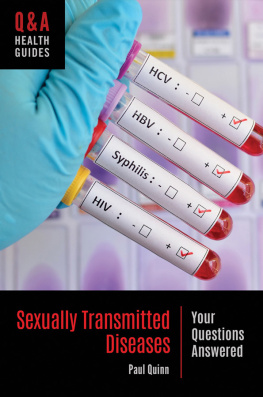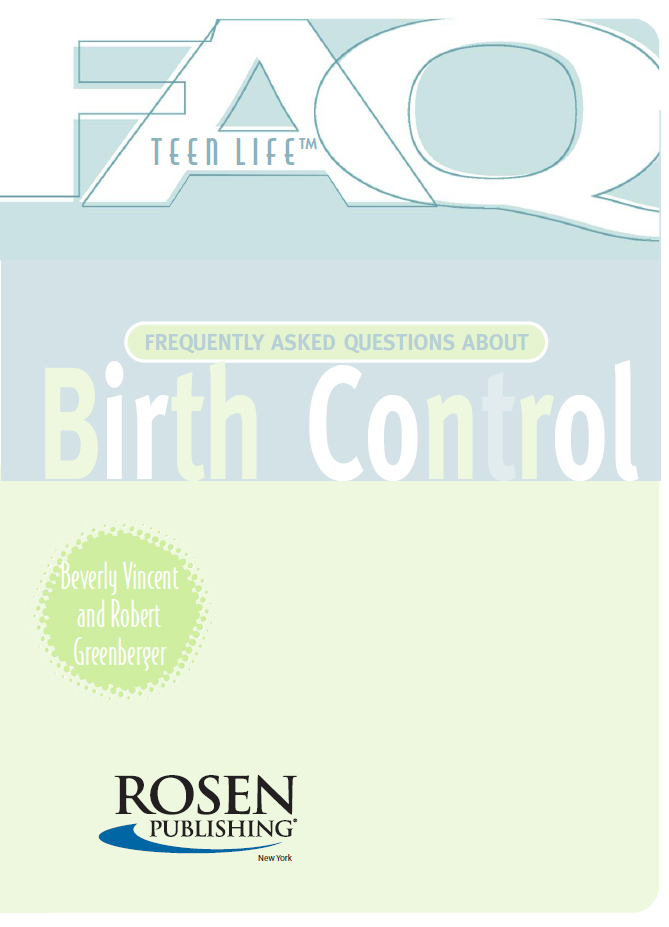Published in 2012 by The Rosen Publishing Group, Inc.
29 East 21st Street, New York, NY 10010
Copyright 2012 by The Rosen Publishing Group, Inc.
First Edition
All rights reserved. No part of this book may be reproduced in any form without permission in writing from the publisher, except by a reviewer.
Library of Congress Cataloging-in-Publication Data
Vincent, Beverly.
Frequently asked questions about birth control/Beverly
Vincent, Robert Greenberger.1st ed.
p. cm.(FAQ. teen life)
Includes bibliographical references and index.
ISBN 978-1-4488-5561-2 (library binding)
1. ContraceptionJuvenile literature. 2. Birth control Juvenile literature. I. Greenberger, Robert. II. Title.
RG136.3.V56 2012
618.18dc23
2011013544
Manufactured in China
CPSIA Compliance Information: Batch #W12YA. For further information, contact Rosen Publishing, New York, New York, at 1-800-237-9932.
Contents
What Do You Need to Know About Birth Control?
How Do the Human Reproductive Systems Work?
How Effective Are Abstinence, Periodic Abstinence, and Withdrawal?
What Do You Need to Know About the Pill, Diaphragm, and Cervical Cap?
How Safe Are Male Condoms and Spermicides?
What Are Some Other Methods of Birth Control?
Glossary
For More Information
For Further Reading
Index
Chapter one
What Do You Need to Know About Birth Control?
One of the most challenging decisions many teenagers face today is whether to have sex. It is important for teens to think about their reasons for having sex. The following are some not-so-good reasons:
Having sex maintains and improves the relationship.
Sex makes you seem cool and more adult to others.
Curiosity.
It just happened.
Desire to be popular and accepted.
All your friends are doing it.
Someone dared you to do it or pressured you into it.
Whatever your reason is for having sex, it is your responsibility to have safer sex. Safer sex means protecting yourself from sexually transmitted diseases (STDs) and protecting yourself or your partner from pregnancy. Abstinencenot having oral, anal, or vaginal sexis the only true form of safe sex. It is the only sure way to avoid pregnancy and prevent spreading STDs. If you choose to have sex, you must consider the consequences and take the appropriate and responsible measures to prevent pregnancy and STDs.
If you and your partner decide to be sexually active, you first need to evaluate the ramifications of your decision and take proper steps for preventing pregnancy and STDs.
Whatever type of birth controlalso called contraception you choose, it should offer dual protection. First, it should protect against pregnancy. Second, and just as important, it should protect against getting potentially deadly sexually transmitted diseases such as the human immunodeficiency virus (HIV, which causes acquired immunodeficiency syndrome [AIDS]) as well as genital herpes and others. Effective contraception must serve these two critical purposes.
In recent years, there has been a decrease in teen pregnancies in the United States. However, teens in the United States still have more unintended pregnancies than teens in any other country. Of the nearly 750,000 teen pregnancies in the United States each year, 82 percent are unintended, according to the Guttmacher Institute (a nonprofit organization that works to educate the public about reproductive health research). In 2008, about 42 out of every 1,000 teenage girls became pregnant, as reported by the Centers for Disease Control and Prevention (CDC) in 2010. But more teenagers are now getting the facts and acting responsibly about sex.
Birth Control Methods
Choosing a birth control method is a big decision. Talking with your health-care provider is a good way to figure out which method is right for you. You can also talk to your partner, close friend, parent, or another trusted adult to see if he or she can help you make a decision. If you do not like one method, you can always try another. There are plenty of different options, so you should be able to find one that works for you.
You should know that birth control is available for people of all ages, without a parents permission. It is illegal for your health-care provider to tell anyone if you ask for birth control. If you can talk to your parents about your decision to use birth control, that is great. However, if you cant, you should double-check with your health-care provider about what will be billed and if they will be contacting you by phone or mail.
Discussing birth control can be awkward and scary. It means not only talking about sex, but also talking about trust and honesty. If you are not able to talk about these things with your partner, perhaps you are not ready to be sexually active with him or her.
When it comes to safer sex, people need to be comfortable not only with each other, but also with themselves. They need to know the facts and feel comfortable talking about their bodies. In addition to being able to talk about their bodies, they should get to know their own bodies. In the end, it is up to you to act responsibly.
Many different kinds of birth control methods are available today. You should ask yourself four questions when deciding on the form of birth control that is best for you and your partner:
How effective is it in preventing pregnancy and diseases?
How safe is it to use?
Will it fit into my lifestyle?
Can I afford it?
There are a variety of brands and types of male condoms (which are also called rubbers or jimmies). Latex condoms can help to prevent the spread of some STDs and HIV (the virus that causes AIDS) better than those made of animal skin.
Some birth control methods are more effective and safer than others. If a contraceptive is not used in the right way, it will not work properly and you will run the risk of an unintended pregnancy.
Many young people think of birth control as a nuisance. Some feel it is not easy to use. Others believe it spoils the sexual mood. However, using birth control is smart and will prevent potentially serious problems in the future.
Use of each type of method requires advance planning. Some kinds of birth control can be put in place hours before sex, while others must be used right before having sex. Only the morningafter pill can be used after sex, and, partly due to its potentially serious side effects, it is for emergency use only, not routine contraception.
The minute or two it takes to use a contraceptive can make a big difference in protecting your health. A contraceptive can save your life and prevent an unplanned pregnancy.
Contraceptives on the Market
All legally sold contraceptives are safe to use, although some may have side effects if you use them for a long time. The use of some contraceptives is riskier for some people than for others.
Not every birth control method is right for every person. That is why you should speak with a doctor before you have sex. Your doctor can help you figure out which methods are best for you.
If you are female, your doctor can discuss the birth control pill with you and whether or not its the right choice for you, given your needs, lifestyle, and particular health concerns. If you decide the Pill is for you, your doctor can prescribe it. Other products must also be prescribed and fitted by a doctor. For instance, a doctor helps fit women for diaphragms to make sure they will work properly.

